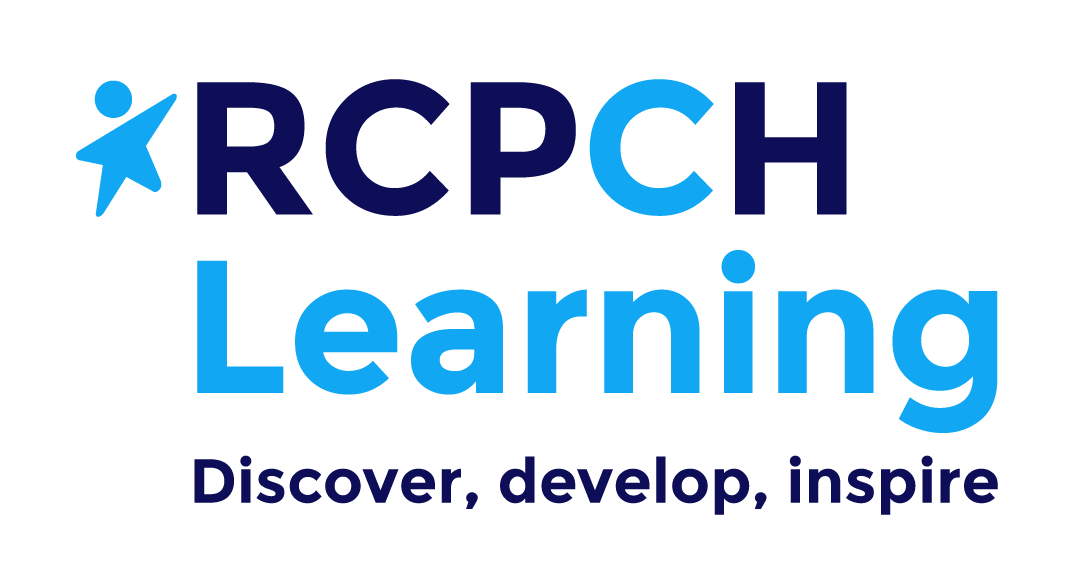Resource Highlights: Effective Educational Supervision
Have a few minutes to spare? Dr David Evans shares guidance on effective educational supervision | Use our collection of Resource Highlights to discover more in-depth content across RCPCH Learning
Back to Resource Highlights Home page
| Please note our resource highlights, related to the clinical management of health conditions or non-clinical activities, are designed to be introductory, aimed at clinicians, and not standalone guidance. Always refer to peer-reviewed clinical guidance including published Nice guidelines.
Note that the views, thoughts and opinions expressed in this and associated resources relate only to the contributors /speakers and not necessarily to their employer, organisation, the Royal College of Paediatrics and Child Health, or any other group or individual. |
Contributor:Dr David Evans Dr David Evans graduated in medicine from Cambridge and Oxford Universities. He trained in Paediatrics in Bristol and Leeds. He works as a Consultant Neonatologist at Southmead Hospital in Bristol. He has been involved in postgraduate medical education for many years and was Head of School in Paediatrics at the Severn Deanery (Health Education England South West) until 2015. He has also been Education Associate with the General Medical Council since 2014. He is also the Clinical Lead for our Effective Educational Supervision (EES) Course. |
1. Learn what inspires and motivates your doctor in training.No two doctors in training are the same. As an educational supervisor, you need to understand what your supervisee needs from the placement, paediatric training, and life beyond. Only then can you guide them as to which training opportunities would be of most benefit and tailor their PDP to be important for their career pathway. Get to know them as an individual. |
2. Make assessments authentic and meaningful.Whilst assessment might drive learning, it is equally important to ensure that we are assessing capabilities that are valuable for a paediatrician, using authentic tasks and responsibilities. The objective should never be merely to complete an assessment; the objective should be to learn. If an assessment facilitates learning, that’s great, if it doesn’t, don’t waste time completing a meaningless form. |
3. Support is tailored to an individual but there are many useful resources aimed at supporting different groups of doctors.As a supervisor, get to know how you can access support for your doctor in training. There are many sources within your local hospital, occupational health, deanery or equivalent, national bodies, such as the BMA, etc. If you are unsure, ask your senior faculty, such as a local college tutor, training programme director, director of medical education, postgraduate centre team, etc. |
4. You are not your trainee’s doctor.As doctors, we are very poor at being sick. We don’t always access medical advice in the same way as non-medical patients. We are often poor at following our employer’s sickness policies. If your doctor in training is encountering difficulty, and their health might be a contributory factor, they deserve timely, objective, confidential medical help from a professional. Help them access a proper doctor, who will treat them as a patient, not a trainee. |
5. We don’t learn from feedback; we learn from reflecting on feedback.Feedback requires a dialogue, we need to know a person’s perception of what happened and thus the reasons for their actions, before we add our own thoughts and perceptions of what happened and why. Working out how they might act in future, when faced with a similar situation, is likely to need discussion and negotiation. There is often no right answer but rather a series of options with different consequences. In feedback, your added value comes from enabling your trainee to realise this. As we become more senior, the opportunities for observation and feedback diminish; therefore, we also need to equip our trainees for the future, with the ability to reflect and analyse their own performance. |
Deepen your understanding
Our related learning resources on Effective Educational Supervision.
-

Effective Educational Supervision
This online course meets the General Medical Council's requirements for educational supervisors. It explores the fundamentals of educational supervision and provides essential updates on the RCPCH Progress + Curriculum and RCPCH assessments.

Educational Supervisor virtual roadshow: Managing the ePortfolio with Progress+
In this session we will hear from Michaela Hunt, the College's Training Services Coordinator, who will be discussing the practicalities of working with ePortfolio . We will also hear from Dr Lizzie Starkey, the Assistant Officer for Trainer Development who will be speaking about the supervisor’s perspective.

Returning to Paediatric Training series – Supporting a returning trainee – a guide for supervisors
Dr Trisha Radia and Dr Sarita Depani provide guidance for educational and clinical supervisors on how to support trainees planning for and returning from a career break, with essential information about what documentation should be completed prior to and on returning from a prolonged absence from clinical work and what support is available.
Found an issue? Please get in touch with us:
Email us at rcpchlearning@rcpch.ac.uk
